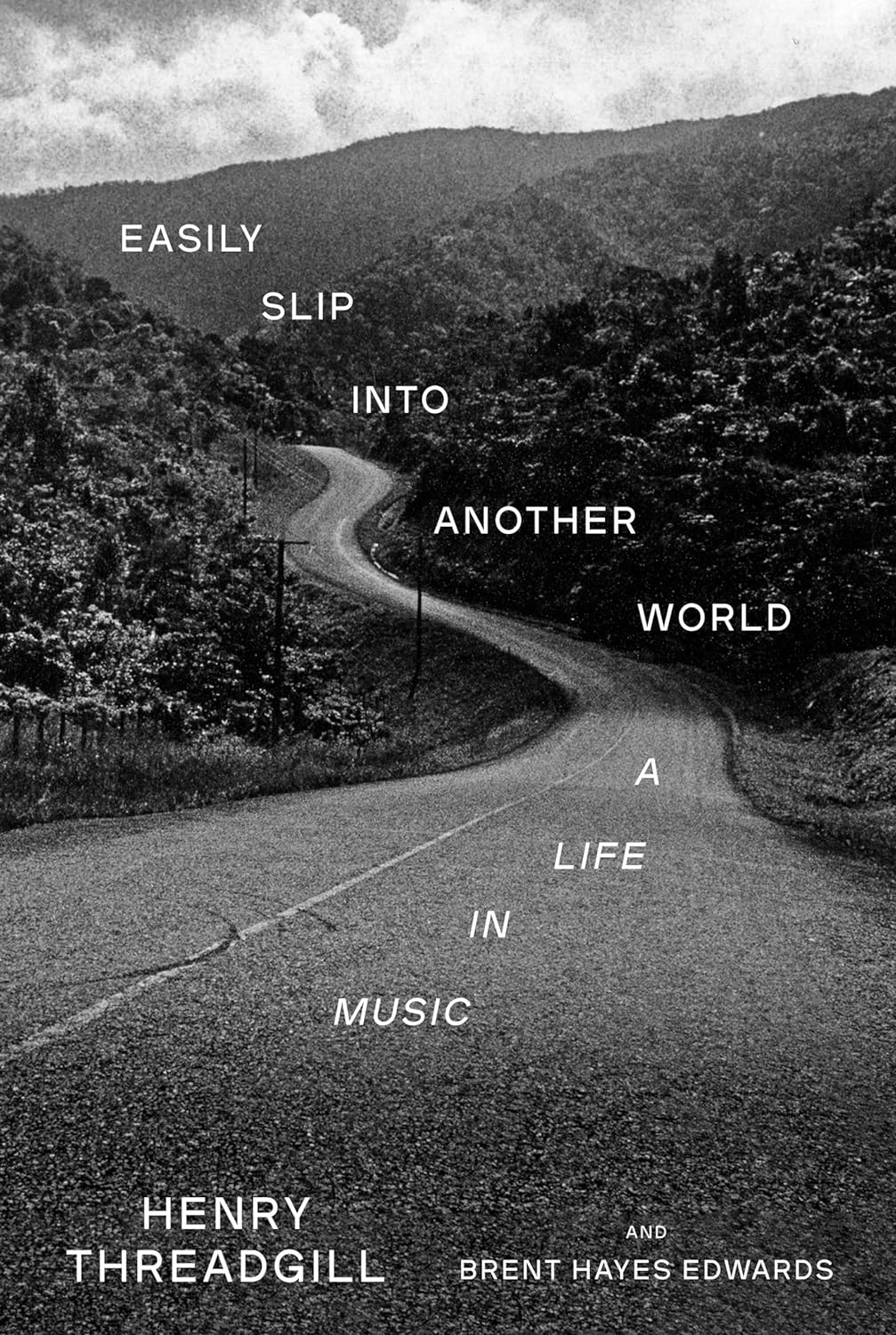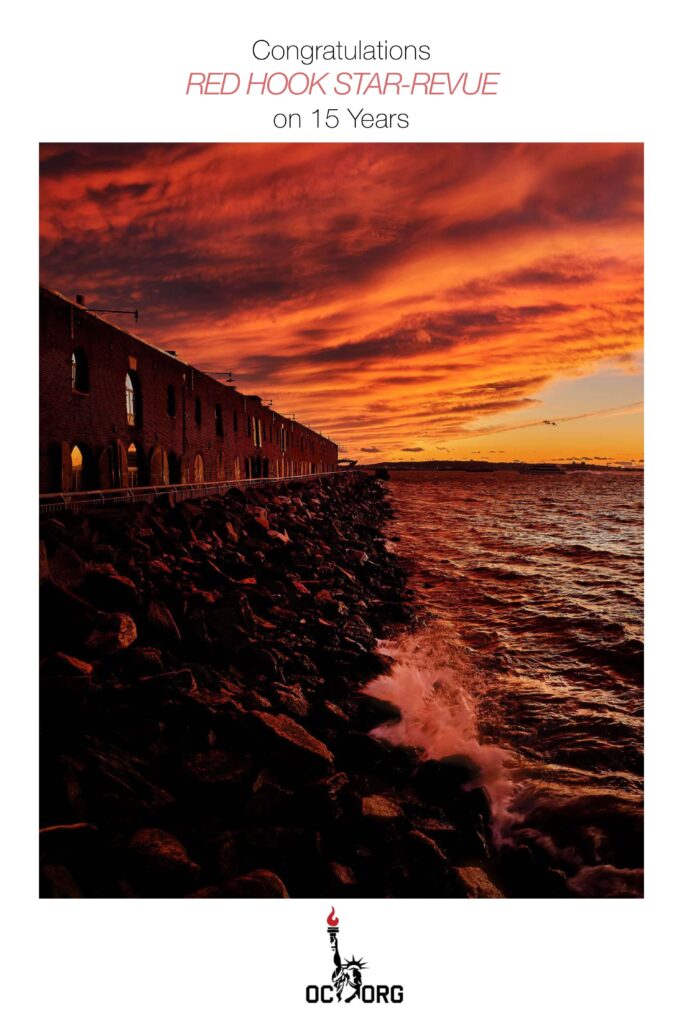’Tis the season of the list, and for your local man in jazz that means putting together what were, for me, the best new and archival recordings I heard this year. And I mean “heard” seriously; I listened all the way through something like 250 albums released in 2023, and at least partially through an additional 400-plus (those are records I started and didn’t finish, meaning they didn’t strike me as worth hearing). Not all of these were jazz, but most were, or at least involved extensive improvisation. It’s a good sample size.
Lists like this are, of course, subjective. These are the records that I responded to strongly, and that response is always something somatic, a deep feeling in the body that mixes excitement, pleasure, satisfaction, complex emotions, and so much more. I am sensitive to what my hips want or something that gets my foot tapping, I’m sensitive to what to my ears are beautiful sounds that give me a feeling of powerful emotions in my torso, I’m sensitive to words and sung phrases that tickle the pathways that were formed by pop music and obsessions and heart aches from my youth. It’s all instinct, the critical part comes in when I try and explain it to myself and articulate that to anyone else.
Everything on the list then is something that hit me in the body, even ravished me. I have my values when it comes to balancing respect for the past with exploration of the future, and while I don’t need jazz to swing, fantastic swing will always get me, it’s something my body always responds to—rhythm in general, but great, hot swing, man …
I try and spread the love around; both Jason Moran and James Brandon Lewis put out two album this year, both of which are among the best, but I don’t want them to crowd out everything else that deserves attention. That’s also why this is a baker’s dozen—why just ten? Why not one a month, or more? This is also unranked. There are critics polls I submit to that require rankings, but as the best albums of the year these are all great and depending on mood some will be, temporarily, more attractive than others. The one exception is the very first album on the list, which is indeed the single best jazz album of the year, not just because the quality is so high and the pleasure so rich, but because it illuminates the past with new thinking and uses that foundation to create an entirely new space in the music. It doesn’t just accumulate music, it moves jazz and its entire history further along.
Best New Releases:
Jason Moran, From the Dancehall to the Battlefield (Jason Moran): Moran released this album January 1, and at the time I predicted it would be the album of the year, and as good as so much of the music has been, nothing has surpassed it. No one before has made such a clear case for how the early 20th century bandleader James Reese Europe is one of the ur-figures in jazz, and absolutely no one has shown how modern Europe was and can be. Brilliant, intellectually rich, joyful, and beautiful, this is a new classic of the jazz discography.
James Brandon Lewis, Eye of I (Anti-): I predict that Lewis’ For Mahalia, With Love (Tao Forms), will be a consensus critics’ pick for one of the best of the year, and it is great. But this tremendous album just hit me a little differently. Perhaps it’s my 2023 mood, I will go for something that threatens to tear apart the status quo.
Matthew Shipp, The Intrinsic Nature of Shipp (Mahakala): Concentrated, lovely, endlessly deep solo piano improvisations.
Tyshawn Sorey Trio, Continuing (Pi Recordings): Sorey, who also happens to be one of the finest composers in contemporary classical music, has been rethinking the piano trio, and this second release keeps the outline of classic jazz while completely reworking the insides.
Heikki Ruokangas, Karu, (577 Orbit): A dark horse: solo guitar improvisations that show a fascinating, personal approach to what you can do with the instrument.
John Blum, Nine Rivers (ESP-Disk’): A new release of an older performance, from a musician new to me. A thrilling solo piano improvisation set, bracingly uncompromising. Just at the edge of being too much, but just enough.
Emilio Solla & Antonio Lizana, El Siempre Mar (Tiger Turn): Based around Lizana’s incredible vocals, this is an excellent small group modern jazz album in Latin jazz disguise.
Todd Sickafoose, Bear Proof (Secret Hatch): This is a suite of compositions for a medium sized ensemble, and is beautifully crafted. Sickafoose eschews the kind of compositional flourishes I hear too much of, sticks with the jazz idiom and trusts his material and his ear, both of which are formidable.
Kris Davis Diatom Ribbons, Live at the Village Vanguard (Pyroclastic): Davis’ ensemble has a special guest here in guitarist Julian Lage, but the real star is turntablist Val Jeanty, who moves what is strong modern jazz into a whole new dimension.
Mendoza Hoff Revels, Echolocation (AUM Fidelity): Punk-edged jazz rock that is fun, hip, and smart.
Adam Birnbaum, Preludes (Chelsea Music Festival): Subtle and deep: Birnbaum selects details from Bach’s Preludes from the Well-Tempered Klavier and turns them into intriguing Latin jazz improvisations.
Wadada Leo Smith, Fire Illuminations (Kabell Records): Every time Smith puts the trumpet to his lips, something brilliant comes out. Here it floats over vintage electric-Miles sounds.
Christian Dillingham, Cascades (Greenleaf): Bassist Dillingham is a young veteran on the jazz scene, and this is his debut album. His leadership and composing are both excellent, and the band is stylish.
Best Reissues
Sonny Clark, The Complete Sonny Clark Blue Note Sessions (Mosaic): A full demonstration of Clark’s importance.
Sun Ra, Jazz in Silhouette (Expanded Edition) (Cosmic Myth): The one Sun Ra album to have if you can have only one, fully restored and complete.
Derek Bailey & Paul Motian, Duo in Concert (Frozen Reeds): A late in the year revelation, improvised duos from two of the greats, something no one had ever imagined existed until November.
This was also a good year for books on music and on more than just jazz. The best book on music that I read on a subject other than jazz was High Bias: The Distorted History of the Cassette Tape, by Marc Masters. This is an excellent and concise look at the cassette tape in music culture. Those of us lucky to be old enough to have painstakingly made individual mix tapes, or put tape over the tab openings on a crappy prerecorded album to tape something else over it, know the inimitable pleasures of the cassette. And any one who never lived through this will be astonished to discover the very real cultural importance of the cassette. It’s no exaggeration to say that without cassettes there would have been no real musical underground, on a global basis.
There were two important publications that are a must for any serious jazz fan; Saxophone Colossus by Aiden Levy and Easily Slip Into Another World by Henry Threadgill and Brent Hayes Edwards. The former is an extensive biography of Sonny Rollins, our last titan. It’s a deeply researched personal narrative, with amazing material and stories from the subject himself. It doesn’t open up compete insight into Rollins’ incredible musical thinking, but that should be buttressed by his Notebooks that New York Review Books is publishing in early 2024.
The latter is Threadgill’s memoir, and in a way it’s the opposite of the Rollins book. There are plenty of personal stories and and outline of his life, but this is a book about how a musician listens and learns and thinks and practices their art. This is exciting and meaningful to read, especially from Threadgill, one of the great modern composers and the kind of musician that is hard to find in today’s conservatory bred era—not just that he served in Vietnam, but that he never got a PhD, he learned by doing, doing everything, failing and getting up again, and turning it into beautiful music.
Author
-

George Grella wrote the book on Miles Davis’ Bitches Brew. He write other stuff too. killyridols.substack.com/
View all posts
George Grella wrote the book on Miles Davis’ Bitches Brew. He write other stuff too. killyridols.substack.com/
Discover more from Red Hook Star-Revue
Subscribe to get the latest posts sent to your email.











